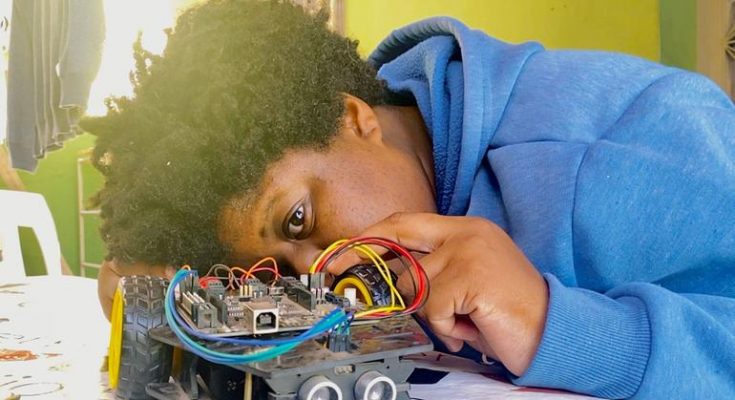New York: The 2023 Commission on the Status of Women (CSW 67), the largest UN gathering on gender equality, successfully wrapped up on Saturday, with Member States calling for a full and equal participation of women and girls in the development of digital technologies.
The priority theme for this year’s CSW, an annual, two-week long event which has been advancing rights for women since 1946, was the ongoing discrimination, abuse, and misogyny women face in the virtual world.
The aim was to advance progress towards levelling the digital playing field, and to address persistent issues that affect women and girls, including limited access to technology, disproportionate online violence, and underrepresentation and gender bias in tech industries.
The outcome document of the Commission, officially the “Agreed Conclusions” of the 45 Member States, acknowledged the critical role of technology and innovation in achieving gender equality.
In a statement released by UN Women on Saturday, the document was described as a “blueprint for all stakeholders, including governments, the private sector, civil society and youth to promote the full and equal participation and leadership of women and girls in the design, transformation and integration of digital technologies and innovation processes that fulfil the human rights and needs of women and girls.”
A ‘vision of a more equal and connected world’
Speaking at the conclusion of the negotiations, UN Women Executive Director, Sima Bahous, said: “This year’s Agreed Conclusions are game-changing and bring forward our vision of a more equal and connected world for women and girls in all their diversity. It is our job, as we leave here today, to translate them into reality. The ultimate success of these Agreed Conclusions lies beyond their finalization today, in how we will collectively take them forward. Let us translate them into reality for all women and girls.”
As well as reaffirming the importance of women and girls’ full participation and leadership in science, technology and innovation, concern was expressed about the limited progress in closing the gender gap in access to technologies, connectivity, digital literacy, and education. The Agreed Conclusions also condemned the interrelation between offline and online violence, harassment, and discrimination against women and girls.
The Commission called for significantly increased public and private sector investments to bridge the gender digital divide, more inclusive innovation eco-systems, and the promotion of safe and gender-responsive technology and innovation. It also underlined the need for inclusive and equitable quality education in science, technology, engineering, and mathematics, information and communications technology, and digital literacy to ensure that all women and girls can thrive in a rapidly changing world.
Youth at the centre of discussions
For the first time, CSW included an interactive youth session with young people, youth representatives of delegations, civil society, and United Nations organizations, engaging in dialogue and providing recommendations on how to ensure young women and girls are part of the digital transformation.
Important contributions were made by a wide range of civil society organizations, including members of the Action Coalition on Technology and Innovation for Gender Equality, launched as part of the Generation Equality Forum, a civil society-focused group convened by UN Women.
The Action Coalition has made a significant contribution towards cementing alliances between Governments, private sector, civil society, and the UN system, and in driving momentum and commitments to advance gender equality through technology and innovation.





